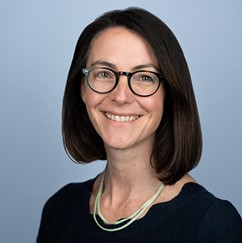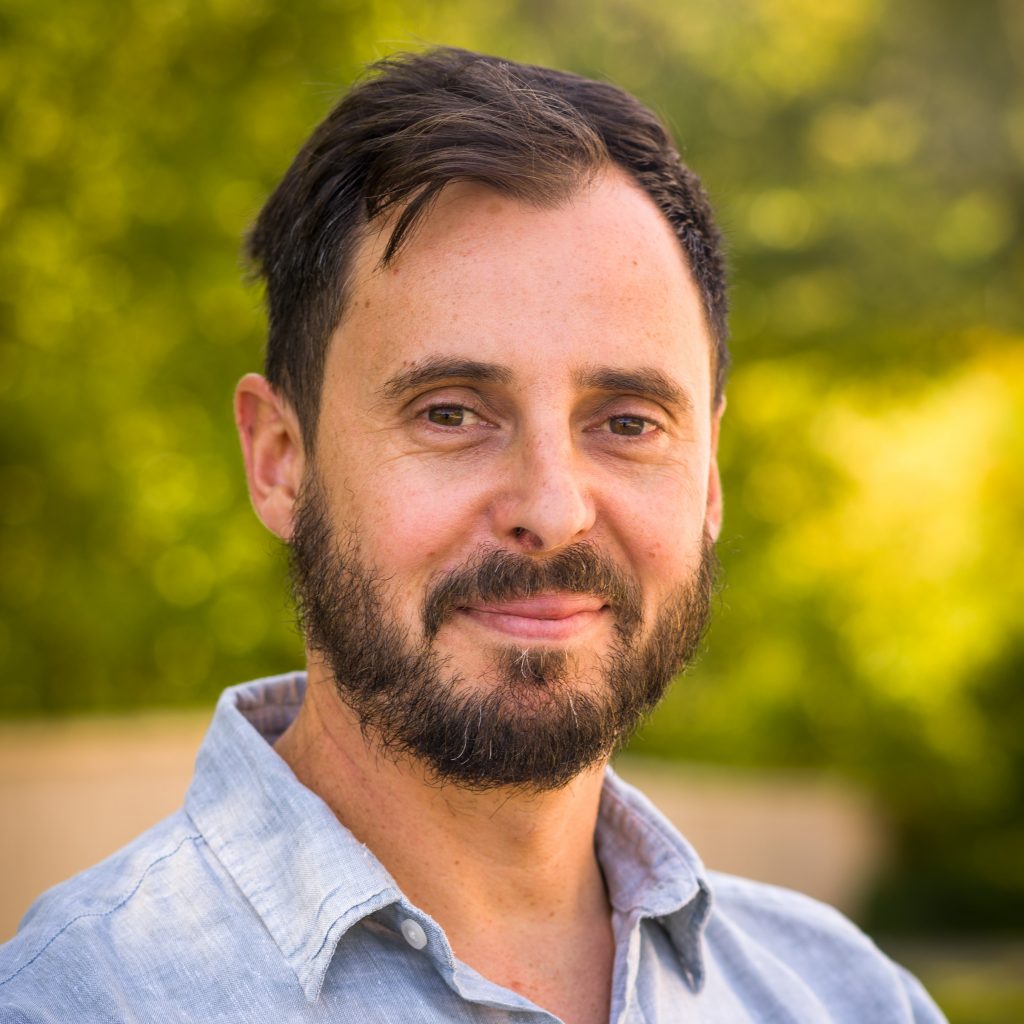
Lees het artikel in het nederlands
‘Death, dying, care and loss are social processes, but they have come to be understood and managed as medical problems.’
4 mei 2023
This is the core contention underpinning the compassionate communities movement. Today, compassionate communities are found across the world, attempting to shift the increasing professionalisation of dying, caring, and grieving and to resituate community, family, and friends as central players at these times.
Examples have grown from palliative care services, grassroots community activism, or civic organisations. They all share a common belief that death, dying, care and grief are social processes, involving connection, meaning, intimacy, love, sadness, pain and loss and with relationships at their core.
Palliative care services and health and care systems in general are important, with access to pain control, advice about symptom management, prognosis, or access to equipment essential at these times, but they are not the only piece of the jigsaw. A much broader set of inputs is essential to enable people to care, die and grieve well. Families, friends and communities also need knowledge, skills, and confidence to support, manage and care for people with serious illness (a concept referred to as death literacy). Compassionate communities focus on building this death literacy.

Dr Libby Sallnow, Honorary Senior Clinical Lecturer, St Christopher’s Hospice and University College London, UK and Guest Professor, End-of-Life Care Research Group, Vrije Universiteit Brussel (VUB), Belgium.
Professor Joachim Cohen, End-of-Life Care Research Group, Vrije Universiteit Brussel (VUB), Belgium

The shift in how people die in the 21st century and the challenges associated with these shifts was the subject of the recent Lancet Commission on the Value of Death. This Commission ran from 2018 to 2022 and explored the challenges of contemporary dying from a global, interdisciplinary perspective, bringing together writers, philosophers, religious commentators, palliative care professionals, oncologists, primary care physicians, economists, nurses, carers, social scientist and academics from across the world.
The Commission concluded that dying today is paradox, it is both over-medicalised for some, but under-medicalised for others, with many having no access to preventative or curative health care, basic pain relief or symptom control at the end of life.
Preconference
During the preconference ‘Connecting Communities in the Netherlands’ on Wednesday 14 June, Libby Sallnow will provide a lecture under the title ‘The Lancet Commission of the Value of death, compassionate communities and reflections on the Dutch context.’
Realistic utopia
We all play a role in shaping the changing systems that influence how dying, caring, and grieving are experienced. This realisation led us to formulate a new realistic utopia, a new vision for how dying and grieving could be in the future. This realistic utopia has five principles:
- The social and structural determinants of death and dying are tackled. This implies and understanding of and acting upon the influence of secure housing, poverty, discrimination or the availability of social capital and networks on where, how, and when people die and grieve
- Dying is understood to be a relational and spiritual process rather than simply a physiological event
- Networks of care lead support for people dying, caring, and grieving
- Conversations and stories about everyday death, dying, and grief become common
- Death is recognized as having value
‘The compassionate communities movement is a response to the unbalanced nature of contemporary dying, caring and grieving’
The compassionate communities movement is a response to the unbalanced nature of contemporary dying, caring and grieving. Working alongside the provision of high quality and accessible palliative care services and generalist palliative care, it presents a new social model of dying and grieving well. Beyond this, it recognises the current inequities facing people as they die and challenge and address them, creating the conditions for everyone to care, die, and grieve in the way they would wish.
On 14th June, we will be exploring these challenges, and more, and looking at the exciting developments in the Netherlands in this area.
Register now for this pre-conference via:
Read more:
- Connecting Communities in the Netherlands (Read more about the pre-conference on the theme of Public Health Palliative Care in the Netherlands, palliative care in the social domain and from local communities (Dutch only)
- Proper palliative care goes beyond just medical care
- Read more about the Learning Network Compassionate Communities (Dutch only)
- Website Public Health Palliative Care International Website National Library of Medicine / Palliative care in Kerala, India
- Compassionate city Brugge (Dutch only)
- Death Literacy Institute
- More information about the pre-conference and how to register.
Delen:
